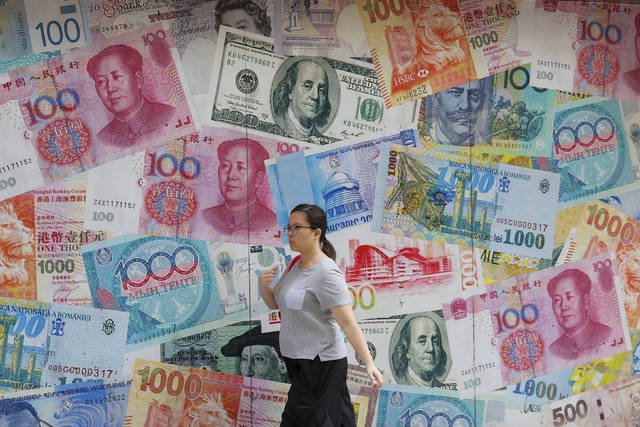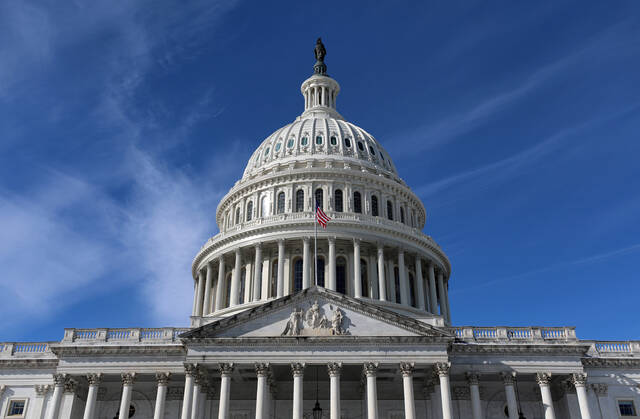There’s no shortage of arguments offered up for preventing citizens of a liberal democracy, such as the United States, from trading freely with the subjects of an authoritarian state, such as China.
Many of these arguments reflect merely an ignorance of Econ 101. It isn’t true, for example, that low-wage Chinese workers have an “unfair” advantage over high-wage American workers. Wages in China are lower than wages in America only because Chinese workers, equipped with less capital, are less productive than are American workers. Wages reflect worker productivity. Replace the word “wage” with “productivity” and see if the claim then makes sense, as in “Low-productivity workers have an unfair advantage over high-productivity workers.” This re-wording reveals the error of the familiar claim that low-wage workers are unfairly advantaged.
But not all arguments against free trade with illiberal countries are refuted so easily.
Consider the claim that, by allowing Americans to trade freely with the Chinese, we thereby strengthen the authoritarians in Beijing and, in turn, indirectly support Beijing’s tyranny of the Chinese people.
The argument here isn’t against preventing Americans from selling military weapons to the Chinese. Free traders concede that restrictions on such exports can be justified. Instead, the argument is against allowing ordinary Americans to freely trade in ordinary goods and services with ordinary Chinese people.
Yet how, exactly, might such free trade support Beijing’s authoritarianism?
The only plausible way is that, by enriching the Chinese people, free trade with China enlarges the tax base that President Xi and his henchmen can tap for resources. Having more resources, the Chinese state is better provisioned to oppress.
This reasoning is true as far as it goes. But it doesn’t go far. It disregards the effects of free trade on the wealth and attitudes of ordinary Chinese people.
Precisely because free trade and free markets enrich ordinary people in China, these people gain greater stakes in keeping China’s trade and markets free. The Chinese people come to rely more on the commercial ties that trade builds to connect them with businesses and consumers in liberal democracies.
Indeed, because these ties are ultimately a lucrative source of tax revenue for Beijing, the Chinese government itself becomes more dependent upon these commercial ties built by free trade — and, thus, more reluctant to tear these ties away.
These ties extend beyond the narrowly economic. Successful trade requires not only peaceful exchange between trading parties, it requires also that all parties come to better understand and to empathize with each other. Most notably, suppliers’ prospects for profit rise the greater and more detailed is their awareness of — and their eagerness to satisfy — their customers’ desires. Importantly, the parties also must literally be able and willing to communicate with each other in a common language.
The result is that trading parties from less free societies gain a greater awareness of, and appreciation for, the norms and ethics of trading parties from more free societies.
If we are confident, as we should be, that our western liberal norms are superior to authoritarian ones, the greater the exposure of the Chinese people to our norms the greater is the likelihood that they will successfully resist the tyranny of their state. This happy outcome isn’t guaranteed, of course, but its possibility should receive more attention in discussions of U.S.-China trade.








